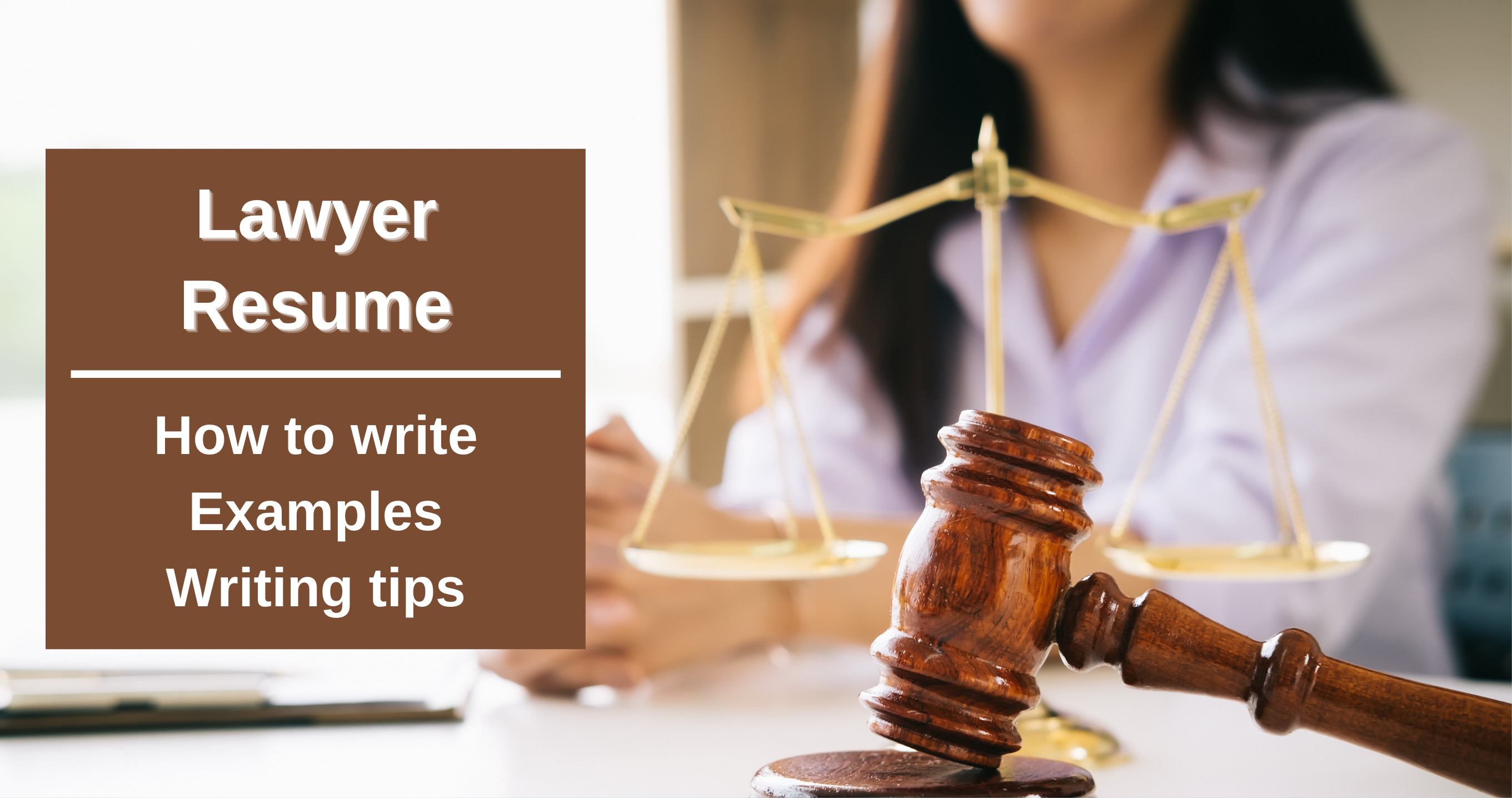Credibility and Building the Persuasive Criminal Case
 Legendary football coach Vince Lombardi reportedly said, “Winning isn’t everything. It’s the only thing.” Similarly, when defending the criminally accused in the courtroom, credibility is not everything… it is the only thing. The criminal defense attorney cannot hope to win without developing and maintaining his credibility. However, credibility is built slowly. It is built one small step at a time. It can be secured only through tireless effort. But once earned, credibility pays off and is worth the sacrifice.
Legendary football coach Vince Lombardi reportedly said, “Winning isn’t everything. It’s the only thing.” Similarly, when defending the criminally accused in the courtroom, credibility is not everything… it is the only thing. The criminal defense attorney cannot hope to win without developing and maintaining his credibility. However, credibility is built slowly. It is built one small step at a time. It can be secured only through tireless effort. But once earned, credibility pays off and is worth the sacrifice.
But how does the defense lawyer develop credibility in the courtroom? How do we develop credibility when every time we enter the courtroom we are facing a group of people questioning our intent and motives. Those people assume we will never let the truth stand in the way of our victory. They believe a lawyer, especially a criminal defense lawyer, will deceive them in court to win their case. If a trial is a contest of credibility, how does the defense lawyer establish they are the one lawyer in the room who should be trusted?
The lawyer begins by always telling the truth. The lawyer cannot afford to lie about anything. Every statement uttering from their lips must be completely accurate… even when those statements hurt. If the lawyer is in a situation seeming to call for a “white lie,” the lawyer takes the road less traveled. They say nothing.
However, honesty by itself is not enough to develop credibility. Credibility requires honesty AND knowledge. A Bryan defense lawyer must know more about the case than anyone else in the courtroom. Every statement he makes during trial must be correct. This can only happen when their preparation was exhaustive. When lawyers make mistakes in front of the jury they lose hard earned credibility.
But mastering the facts and legal issues in a case is arduous work, especially when the lawyer is juggling other cases and tending to the needs of other clients. What’s the answer? Take fewer cases. Charge higher fees. Limit your law practice and focus on quality, rather than quantity.
More later on building the persuasive case when we discuss brainstorming, “The Story,” and the magic of preparation.

